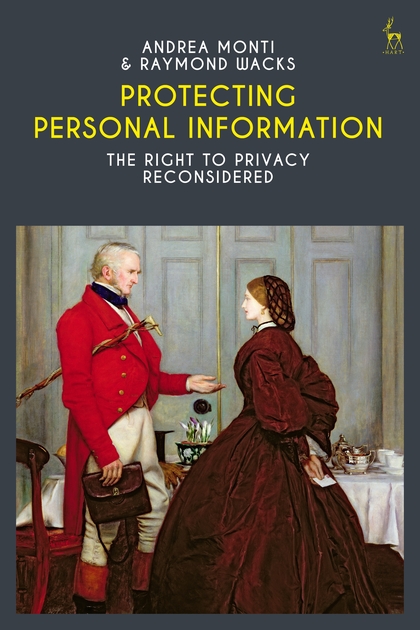Master of Science in Cybersecurity – Prof. Luigi V. Mancini
CYBERSURE
CYBERsecurity at Sapienza University of Rome Events
Public security, powers of the public security authority and information technology
Andrea Monti – Lawyer
?Affiliation: Adjunct Professor of Public Policy and Public Security Law at the University of Chieti-Pescara.
?May 13, 2019, from 16:15 to 18:30
?Aula II, ground floor of the building “ex-Facoltà di Scienze Statistiche” in “Città Universitaria”, Piazzale Aldo Moro, 5 (Rome).
?
|
Part 1. Technological public order and information security
|
Part 2. Public security and information technology
|
|
?
The pervasiveness of information technologies has repercussions not solely in terms of judicial activity, but also affects the management of public order – and therefore the exercise of powers attributed to the Ministry of the Interior in different areas and before the Judiciary intervention.
A modern notion of public order must necessarily take into account the issue of information security as its own constitutive element.
|
This seminar describes, starting from the analysis of the Consolidated Law on public security, the structure of the public security authority, and defines roles and powers and analyses the way in which this structure deals with the subjects of the information society. ? ? ? ? ? ? ? ? ? ? ? ? ? ?
In particular, it highlights the possible interactions between the State Police, Internet providers and platform operators Over the top.
|
Participation is free, however registration is required on Eventbrite by searching “Public security, powers of the public security authority and information technology”.
Upcoming Seminars at https://cybersecurity.uniroma1.it/cybersecurity-seminars
For any questions or further info, please visit https://cybersecurity.uniroma1.it or write to cybersecurity_info@uniroma1.it
LinkedIn: ? ? ? ? ? ? ? ? ?Master of Science Cybersecurity Sapienza
Instagram: ? ? ? ? ? ? ? ? @cybersecurity_sapienza

